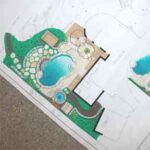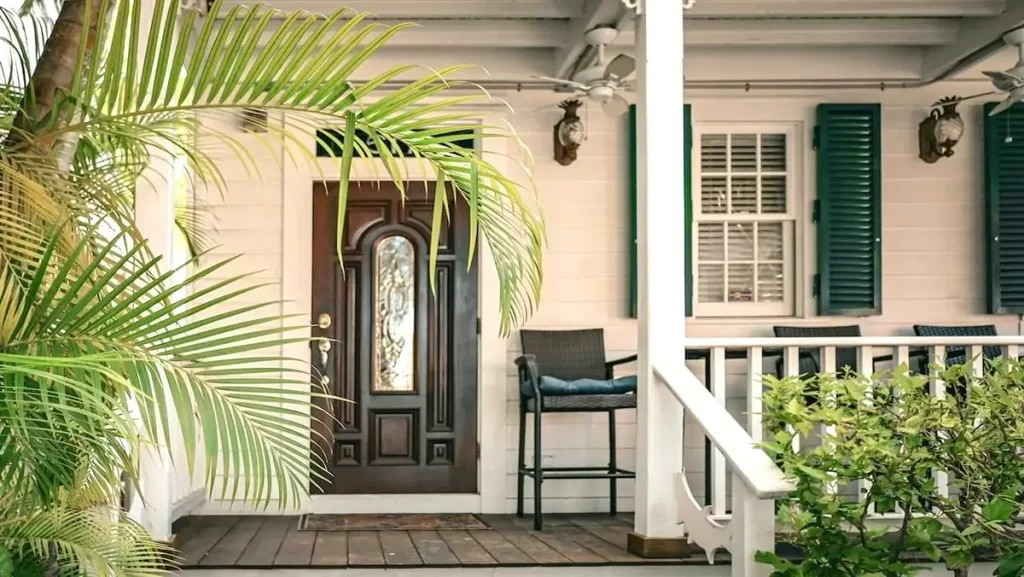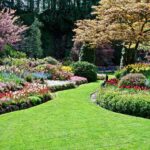This expert guide will help you design the right front yard garden for your home. Learn about different types of front yard gardens, their benefits and drawbacks, and how to choose the right one for your needs.
Your house’s facade is in tip-top shape, your lawn is impeccably maintained, and your white picket fence is charming. If something still seems to be missing, consider your landscaping. Well-chosen plantings can accent your home and give it true curb appeal.
When thinking about your landscaping, keep in mind the basic principles of good design: proportion, balance, diversity, and harmony.
Scale and Focal Points in Landscaping Design
Pay attention to scale; plantings should be appropriately sized in relationship to each other and to your house. Choose a focal point, such as your entryway, for your design, and bank similar plant groupings on either side.
Unless you are intentionally going for a stark, uniform look to create a bold effect, be sure to include a mix of plants in your beds and juxtapose contrasting shapes, textures, and colors. But be wary of a garden that is too eclectic; your selections as a whole should work together to create a unified design that complements your house’s architecture.
Generally, symmetrical homes, such as Colonials, look best with a formal, even design, and casual styles, such as country cottages, call for more natural plantings.
Balancing Diversity and Unity in Plant Selection
Whatever style you choose, seek out plants that share similar watering, sun (or shade), and soil needs. For a show-stopping display year-round, try to stagger the flowering season of your plants and choose shrubs that will retain attractive foliage in the cold season.
Creating Inviting Foundation Plantings
Foundation plantings soften the boundary between yard and home. The classic grouping for this area comprises broad shrubs, trees, and a flowerbed. Hardy perennials serve as the backbone of these beds, while annuals add seasonal color. Keep in mind the view from both the street and from inside your house, so make sure that plantings do not completely obscure your windows.
If you’re going for a casual look, allow your foundational beds to curve gently, and create some divergence in shape on either side of your focal point.
Harmonizing Formality in Planting Beds
Your selections for both foundation and planting beds should generally be similar, but you can experiment with ordering the two areas slightly differently—as long as they harmonize in terms of color, shape, and mass. For formal styles, plantings should appear as mirror images bordering the entryway and be set in straight, unwavering rows.
Elevating Your Landscape with Ancillary Beds
Ancillary beds are those that flank sidewalks, walkways, or your yard’s perimeter—or those that simply float in the middle of your lawn or ground cover to surround trees or other points of visual interest.
You should include at least a few of the plants used in your foundation beds to give your landscape a seamless appearance. If your ancillary bed falls at the foot of a tree, be sure to select primarily shade-loving plants.
Professional Help and Design Inspiration
If your landscaping plan calls for major tasks that would be too difficult to accomplish on your own, or you are simply overwhelmed by the prospect of redesigning your yard, think about hiring a landscape architect. If your budget does not allow for such professional help, browse through magazines, websites, and books to gather ideas, and take a trip to your local nursery to garner specific planting ideas.
If you approach your landscaping job with a careful plan—and a lot of patience—there’s no reason you can’t make the journey to your front door truly memorable.



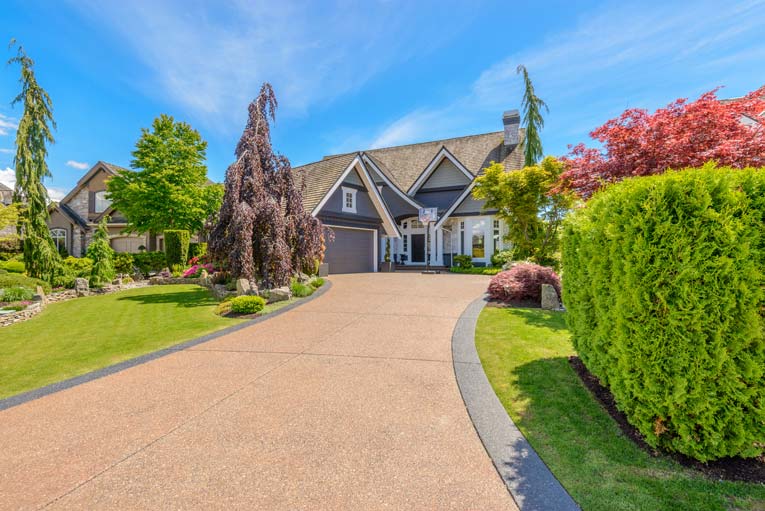
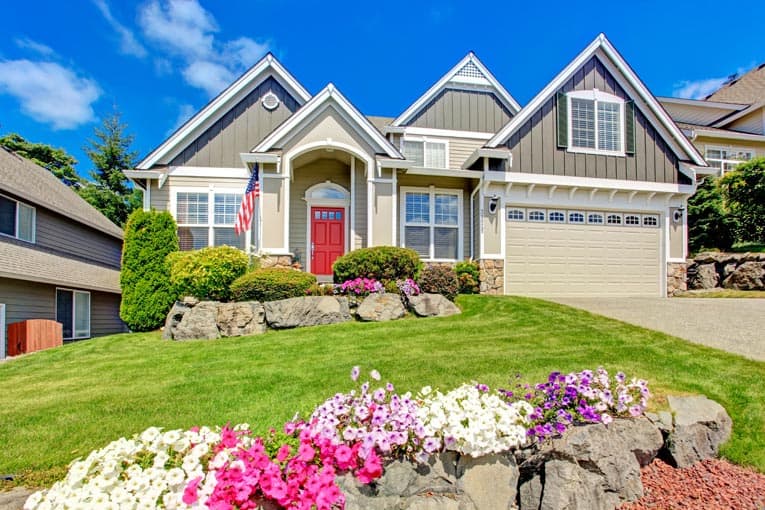
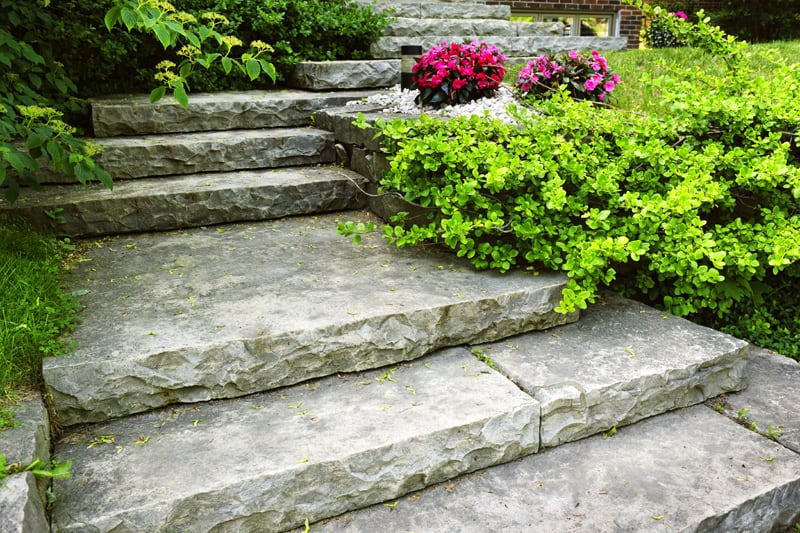

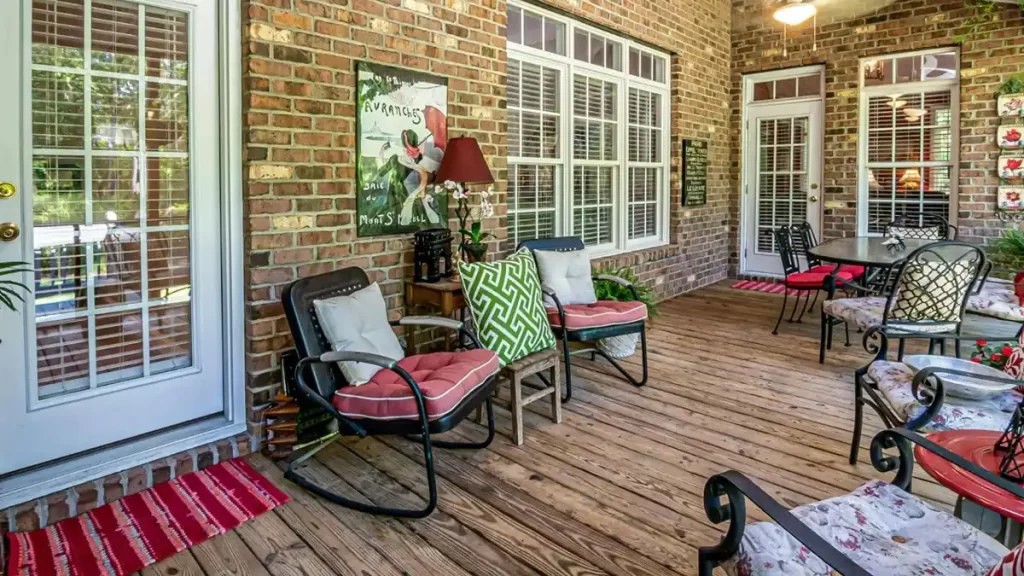
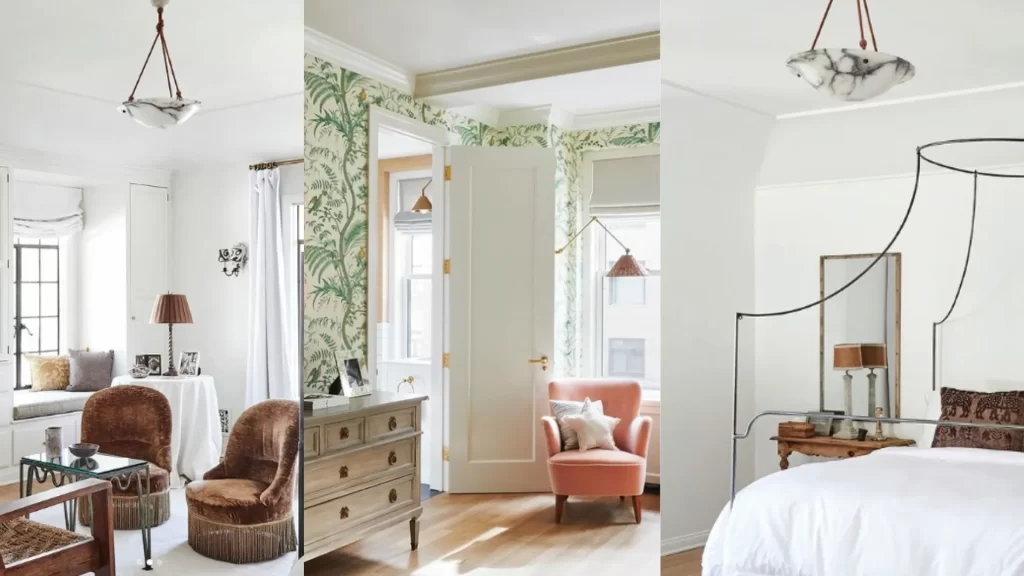
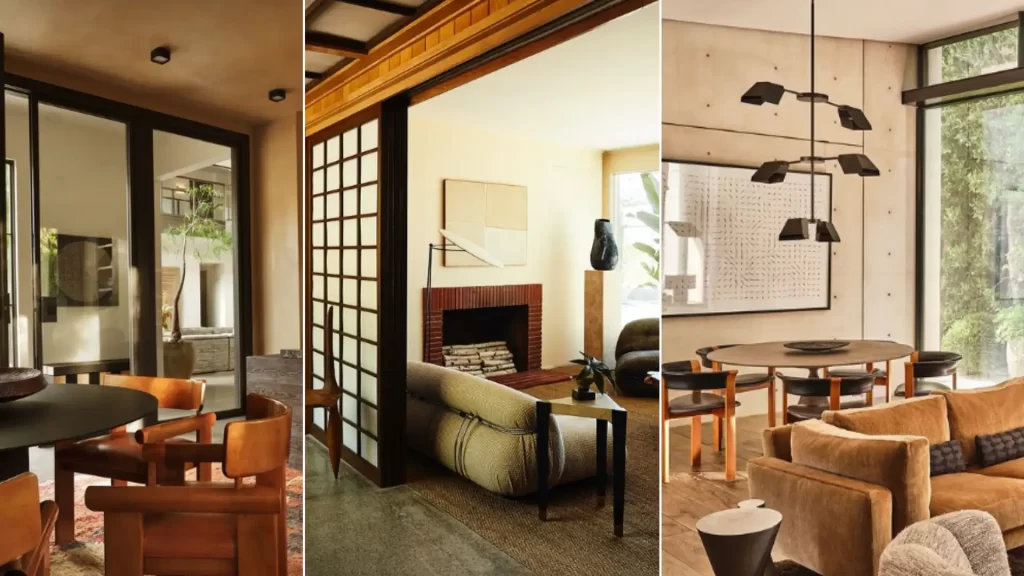
 Don Vandervort writes or edits every article at HomeTips. Don has:
Don Vandervort writes or edits every article at HomeTips. Don has:
